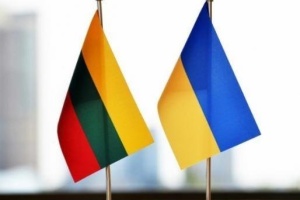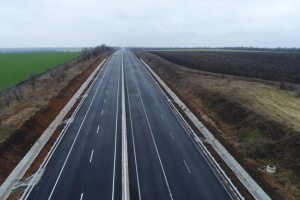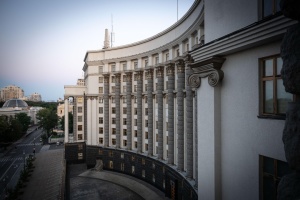
Ukraine expects to receive $300B in frozen Russian assets - Shmyhal
This was stated by Prime Minister Denys Shmyhal, who spoke at a panel discussion within the Ukraine 2024. Independence forum, an Ukrinform correspondent reports.
"As for filling the ‘civilian part’ of the budget, we work with our partners every day. We understand how we cover this year For the next year, there is an open demand for nearly $15 billion. Here we have several scenarios we are working on. In particular, this concerns frozen Russian assets. We understand how to move in this direction. Our goal is to get all $300 billion in frozen Russian assets out there. We are currently working to get $50 billion from our partners as a down payment, taking into account the future confiscation of the full amount and refunding to partners," he said.
Shmyhal also spoke of the political framework regarding these funds. According to the prime minister, Ukraine should receive the first $50 billion no later than the end of 2024.
"These funds should be unconditional for Ukraine. They should be interest-free so as not to affect the increase of our public debt. This condition is also in the IMF program. And we have the opportunity to utilize these funds to cover any of the existing needs. First of all, it’s compensation for damage our people suffered. After all, these are Russian assets, and we agreed that we would primarily direct these funds in order to compensate for the damages and losses that Russia has inflicted on our people," the head of government said.
At the same time, he emphasized that, if necessary, the government will be able to use these funds in order to "compensate the budget deficit or use them for security and defense needs, that is, to purchase the necessary equipment or to finance other needs of our Armed Forces."
Shmyhal added that the G7 nations and the EU should now find a consensus on how to transfer frozen Russian assets to Ukraine.
As Ukrinform reported earlier, Ukraine’s Minister of Social Policy stated that frozen Russian assets could become a source of compensation for damages incurred by internally displaced persons.




